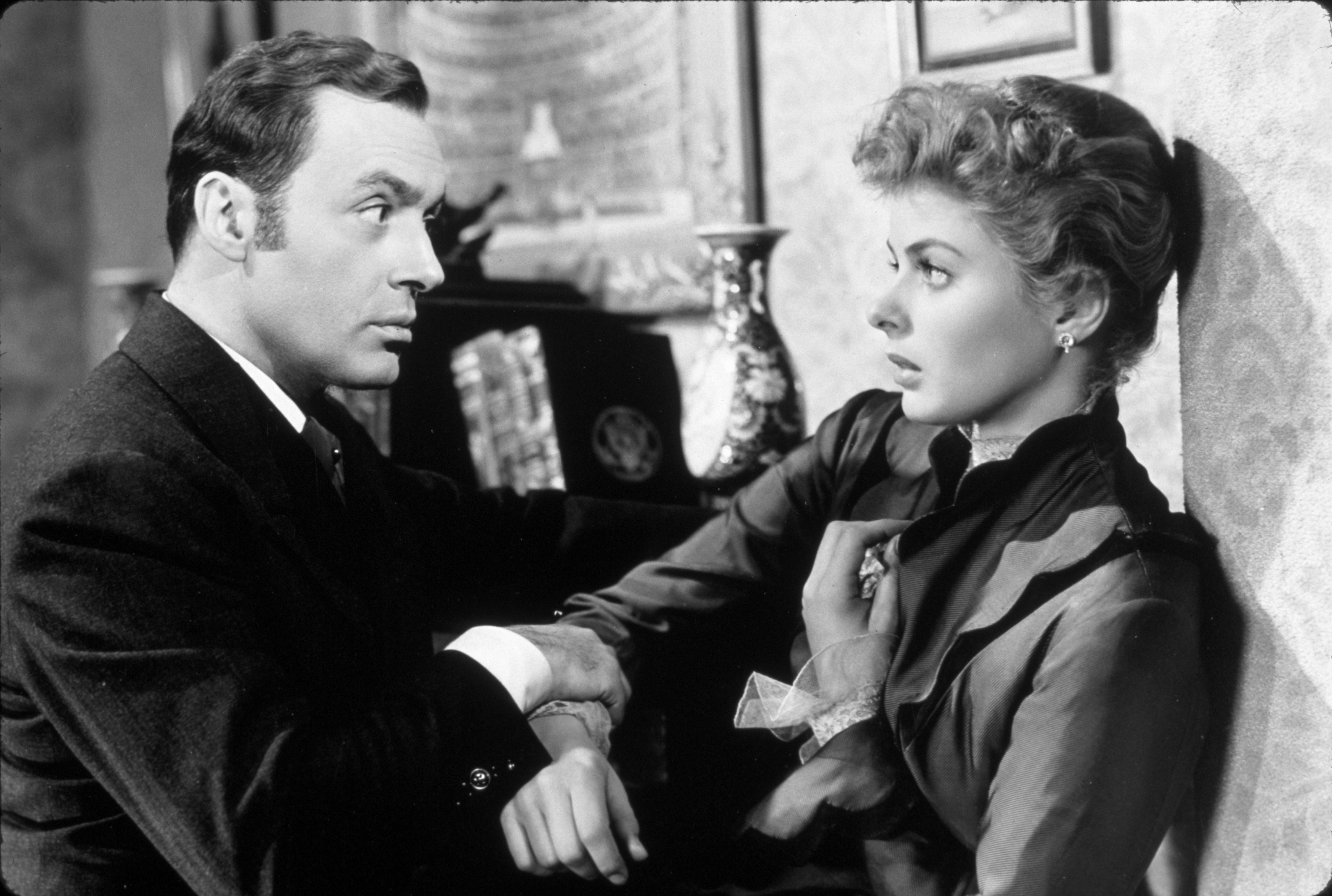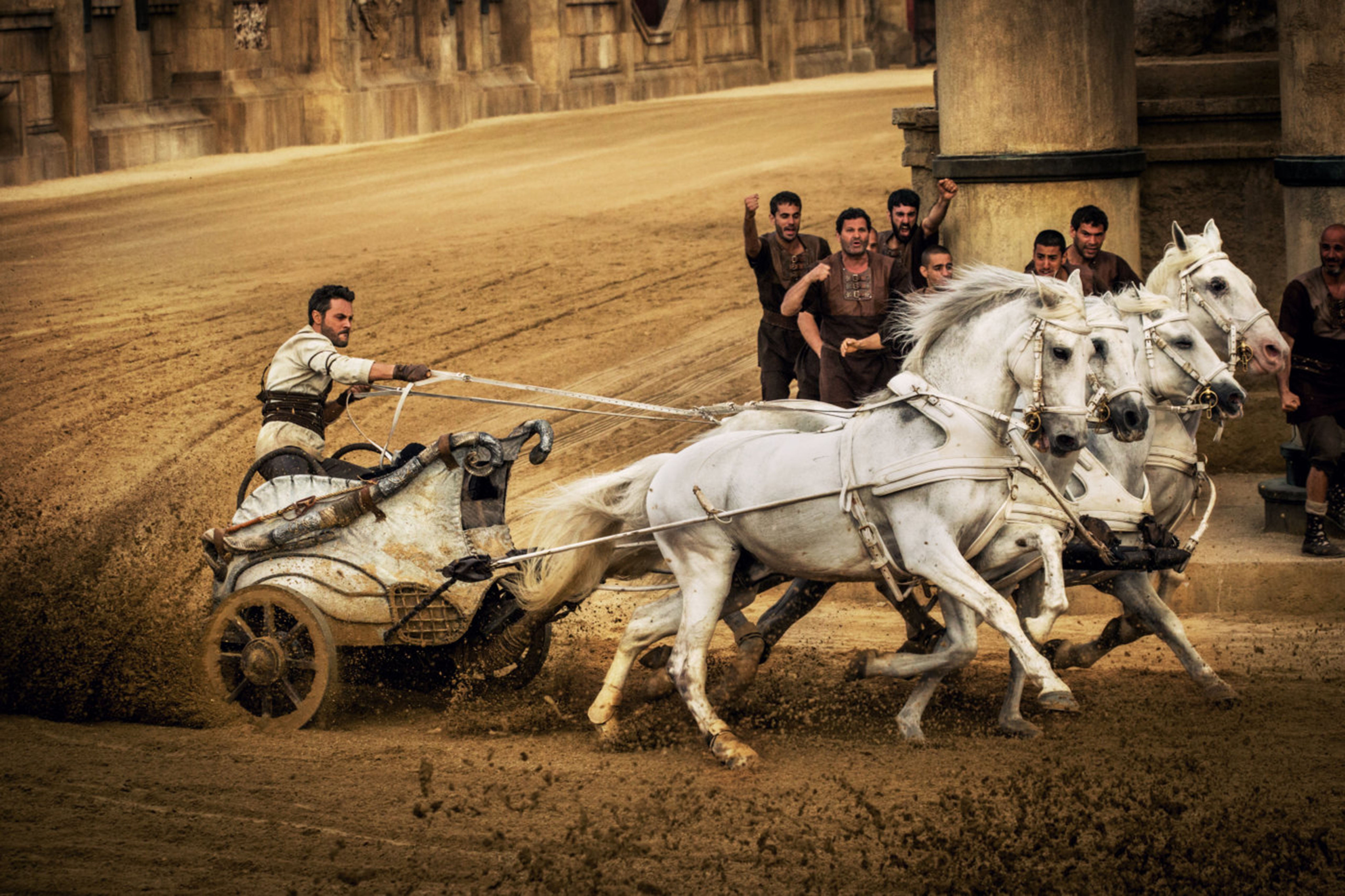Total redo: Why does Hollywood have a morbid obsession with remakes?
With Steven Spielberg’s ‘West Side Story’ opening this week and Guillermo Del Toro’s version of ‘Nightmare Alley’ out next month, Geoffrey Macnab looks at the trend for plundering back catalogues, but says revamping old hits rarely works

When MGM decided to remake the British costume drama Gaslight in 1944, four years after the original, the Hollywood studio tried to destroy the negative and every existing copy of the original movie, thereby aiming to wipe it out of existence.
From today’s vantage point, such behaviour seems like extreme cultural vandalism. No one would ever suggest that the original, Oscar-winning 1961 screen adaptation of Broadway musical West Side Story should now be thrown on the scrap heap to make way for Steven Spielberg’s bravura interpretation, which is out in cinemas this week.
Nor is anyone looking to suppress the 1947 film noir Nightmare Alley simply because Guillermo Del Toro has made a new version, which reaches screens next month.
Nonetheless, the story of Gaslight is revealing about Hollywood’s vexed, proprietorial and often arrogant attitude toward remakes. Based on Patrick Hamilton’s 1938 play about attempted murder and madness in Victorian London, the 1944 Hollywood film follows a psychopathic husband trying to drive his wife insane in order to steal from her and to conceal his crimes – hence the term “gaslighting”.
The executives who planned to obliterate the British version of Gaslight were behaving in an entirely rational way. They were protecting their investment and keeping a foreign film out of their own market. They were also trying to convince US audiences that their production was the original and definitive version, not a second-hand knock-off. The MGM movie was going to be far grander than the British picture, with a much bigger budget and all the trappings that a Hollywood studio can provide. George Cukor was directing and Ingrid Bergman was the star, who would win an Oscar for her performance as the fragile, paranoid and traumatised wife.
In spite of MGM’s best efforts to extinguish it, the British version of Gaslight, directed by Thorold Dickinson, kept flickering. Secret prints were made and preserved. In time, it blazed back into circulation. “The Dickinson film is superior to the Hollywood version in nearly every way: more economical …more brutal … and a lot nastier,” The New York Times wrote when it was revived in 2019.
The same observation can be made about the vast majority of Hollywood remakes. Only very infrequently do they cast the same glow as the originals.
Alfred Hitchcock, with his US remake of The Man Who Knew Too Much and Michael Mann, whose Heat was a bigger, brighter version of his earlier TV movie LA Takedown, did it better second time round – but these are rare exceptions.
Different arguments have been made justifying Hollywood’s morbid obsession with remakes. Sometimes, the US studios will claim they are updating an old movie so that it will appeal to a contemporary audience, or that they are harnessing technology that wasn’t available when the originals were produced.
Filmmakers rehashing old movies will often argue that their work is far more faithful to the writer’s original vision. For example, Denis Villeneuve, director of the new version of Dune, has stated that the earlier David Lynch adaptation of the Frank Herbert novel “went away from the source material a bit too much”.
Sometimes, the studios will make it seem like they’re doing the US audience a huge favour by customising foreign language titles that wouldn’t have surfaced in the US market otherwise. There are many examples of international movies being given a Hollywood face-lift: the cutesy family comedy Three Men and a Baby (1987), taken from French picture Trois Hommes et un couffin (1985); gruesome thriller The Vanishing (1993), George Sluizer’s Hollywood remake of his own Dutch movie, Vanilla Sky (2001) adapted from the Spanish hit Open Your Eyes (1997); or crime drama The Criminal (2004), based on Argentinian film Nine Queens (2000).

In almost every case, the results are disappointing. The success of the original films lay in their wit and local identity. When that is stripped away, and big-name Hollywood actors take over the leading roles, the films become surprisingly bland.
Sometimes, the studio rhetoric is all about intellectual property and making the most of “catalogue” titles that still have a “recognition factor”. They’ve already been developed, produced and released once so there’s no need to market them from scratch. That logic certainly extends to all-star Agatha Christie adaptations like Jewel on the Nile (1985) or Murder on the Orient Express (2017).
Remakes are nothing new. Witness all the different versions of films such as A Star is Born, Ben-Hur, The Front Page, and Frankenstein. However, the approach to them changed when Spielberg’s Jaws (1975) ushered in a new era of summer blockbusters and franchise filmmaking.
The many different superhero movies turned out in recent years aren’t exactly remakes anyway – they are “reboots”, which is subtly different. They may have the same characters and plotlines as their predecessors but the conceit here is that their writers and directors are telling their stories for the very first time.

Matt Reeves’s The Batman, released in UK cinemas next March and starring Robert Pattinson as Batman and Zoe Kravitz as Catwoman, is being marketed to audiences as if it is a brand new property. This isn’t the “return” of Batman, or a new variation on old Gotham City themes already explored by other filmmakers like Christopher Nolan and Tim Burton. Warner Bros know that audiences are willing to suspend their disbelief and their memories. There is, therefore, no need to remove the earlier Christian Bale, Michael Keaton, Ben Affleck or even Adam West Batman movies from circulation.
Pattinson’s remarks in advance of release suggest his Batman is close to an arthouse film, a dark, character-driven drama about Bruce Wayne’s inner “rage”. Fans accept this as a radical departure, forgetting that Bale used to describe his Bruce in exactly the same terms.
Spielberg’sWest Side Story and Del Toro’s Nightmare Alley are remakes in a different register. These aren’t franchise films but lovingly crafted new versions from two of Hollywood’s most respected directors.
Spielberg is tackling a film long acknowledged as an all-time classic. West Side Story is often described as one of the best and most original musicals in Hollywood history, even if it was itself inspired by Shakespeare’s Romeo and Juliet.
Del Toro’s new feature is based on a 1947 film noir starring Tyrone Power which has fallen largely out of circulation but retains a strong cult reputation.
Spielberg, who dedicates his film to his “dad” is paying homage to an established classic he and his family adore while ticking off a box. He has worked in almost every other genre. Now, although he can’t sing and dance himself, he has made a musical. “It’s a tremendous way of sort of throwing myself into a genre that physically I would never be part of,” he recently told the BBC.
With its references to police brutality, racism and gang violence, Spielberg’s film may seem topical but it’s primarily an exercise in nostalgia.

Del Toro, meanwhile, has talked of venturing into the murkier recesses of the American dream. Nightmare Alley is about Stanton (Bradley Cooper), a con artist working for a travelling carnival. He’s a charismatic but amoral figure whose schemes rebound on him.
Spielberg’s film has received glowing write-ups without answering the nagging question of why it needed to be remade in the first place. Del Toro’s picture has been greeted with respectful reviews but, just as in 1947, some critics have questioned the darkness and cynicism at its core.
It has to be acknowledged that remakes do sometimes win Oscars. William Wyler’s version of Ben-Hur (1959) picked up Best Picture as did Martin Scorsese’s The Departed (2006), which was based on a Hong Kong action thriller. Spielberg looks bound for glory this year too. Nonetheless, if you take Disney’s live-action remakes of animated classics, superhero movies and the brilliance of Spielberg out of the equation, the inconvenient truth is that revamping old hits rarely works. Call it the Gaslight syndrome. Originality still pays but that’s not an argument the remake-obsessed studio bosses have ever acknowledged before – and they’re unlikely to start doing so now.
‘West Side Story’ is released today (10 Dec). ‘Nightmare Alley’ is released 21 January






Join our commenting forum
Join thought-provoking conversations, follow other Independent readers and see their replies
Comments